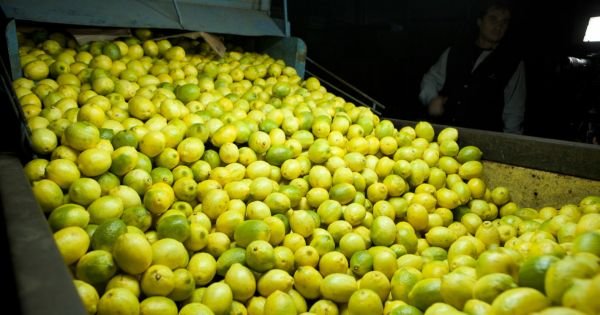[ad_1]
Argentine citrus industry hopeful of US market for mandarins
Dry weather, out of season rains have had a negative impact on the production of lemons, oranges and mandarins in Argentina
The Argentina citrus industry expects processing for mandarin and the Clementine variety to very soon begin exports to the United States. Jose Carbonell president of the Argentine Citrus Federation, Fedecitrus, was optimistic about the options of a new market.
In an interview with the FreshFruitPortal, Carbonell spoke about the current harvest season, which he said, has been exposed to extraordinary high temperatures and lack of sufficient water, resulting in a lesser volume of fruit and of smaller size.
Carbonell added that the lemon harvest began 40 days late, “due to lack of size and color; a consequence of the climate which has slowed everything down.”
As to an analysis of the situation for the citrus industry because of the climate adversity, Carbonell mentioned that, “the drop in production can be expected to reach 25 to 30% less on average in all species. This is a preliminary estimate, which could be even higher”.
Despite the not-very-encouraging news regarding the decrease in citrus production. Carbonell commented that there are positive aspects, which make exporters very happy.
“We have just recovered the Mexican market and opened the organic lemon market for the European Union. We are working hard to open the sweet citrus market in the United States, which is very important for the industry as a whole.”
He explained that currently the technical phase has already been completed by the Argentine National Animal and Plants Health Service, Senasa, and are now ready to address the final instances of the long negotiation.
“At the moment the issue in the hands of U.S. agricultural authorities, we hope to move forward quickly and be able to have the US market opened as soon as possible,” says Carbonell.
The main markets for Argentine citrus, especially lemons, are the United States, Europe, and Russia.
Regarding challenges this season, besides climate change, José Carbonell mentions the US dollar/Argentine Peso exchange rate, plus the significant reduction of rainfall in the summer and a period of 40 days with temperatures above normal. “This combo caused the drop in production, and then the late rains which delayed the ripening process.”
Carbonell also pointed out much land has been lost for the citrus industry to other more profitable crops, which has had an impact in the overall production of Argentine lemons, oranges and mandarins.
[ad_2]
Source link




